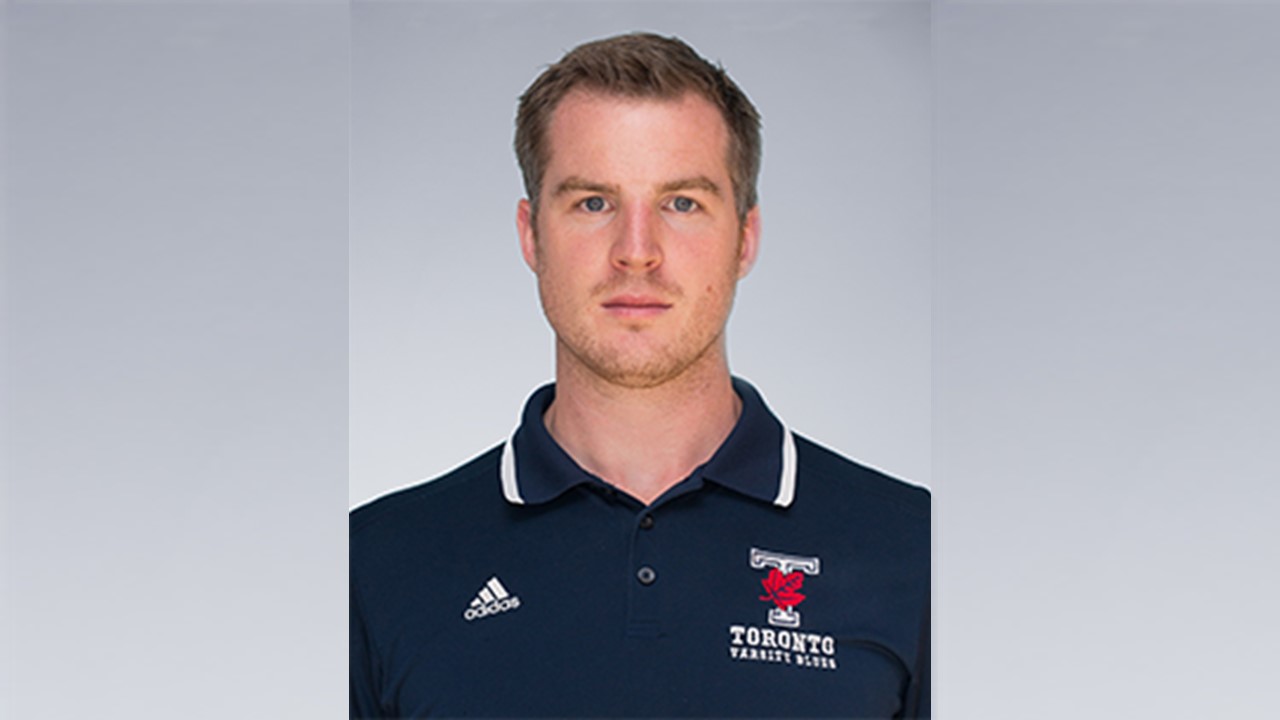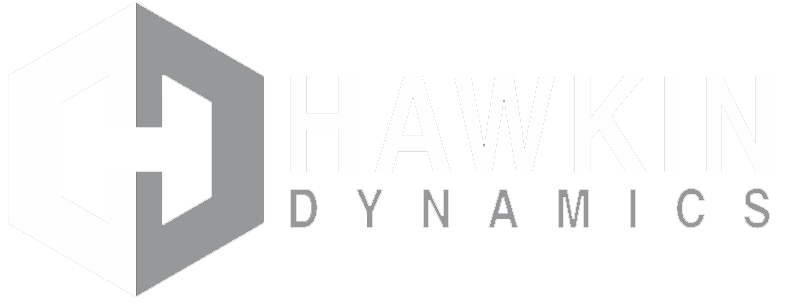University of Toronto’s Adrian Lightowler

After a serious neck injury ended his playing career as an elite athlete, Adrian Lightowler focused his time and energy into strength and conditioning. For the past eight years the student athletes at the University of Toronto (U of T) have been the benefactors of Adrian’s knowledge and passion. Adrian is a member of the CSCA’s Advisory Team. This interview will give you an opportunity to get to know him better.
CSCA: Why are you a strength coach?
AL: Sport has given me a great deal and, alongside my family, it has been my motivation to learn and achieve for as long as I can remember. Being an S&C coach has allowed me to wake up every day and go to do something that really does not feel like work. I am constantly motivated by the responsibility I feel to the athletes, coaches and support staff that I work alongside and, the purpose that gives me is something I place a huge value on.
I love the challenge to constantly reinvent programming based on the varying demands of individuals, sports, competitions and most of all, the development of my own understanding and our collective understanding of how to deliver strength and conditioning support most effectively.
CSCA: What brought you to Canada?
AL: My reason for moving to Canada was personal rather than professional, my wife is from Toronto and we decided that it would be better for me to pick up my career here than for her to make the change. I also really enjoy the varied seasons here, even the winter, so after working my way into a great position with colleagues that I admire and respect at UofT I have not really looked back. It is tough to not be closer to the rest of my family in England and Ireland but I feel very much at home here and I am happy that my children get to grow up in Canada!
CSCA: What are the 2 or 3 things you look to most in hiring a strength coach to be part of your team?
AL: The number one thing for me is someone who is conscientious. A football coach (Scott Shafer, then at Syracuse) once told me that he looks for the type of people who would leave their job for their family and that has always stuck with me. Getting good people on your team is critical to me. After this, I think that finding people who believe in being organized and prepared is another important building block for a successful staff. If you have people who are always running late, under planned or rushing then that will show in their work; it will be hard for them to build good long-term relationships and they will likely miss things and be unaccountable. The third thing that I have found to be important is coaches that love preparing people for sport and don’t see their role as just getting someone good in the weight room. I believe it is very important to remember that we are here to help people be the best they possibly can be at meeting the demands of sport and/or life. That is not to say that mastering exercises should not or will not happen but if an S&C coach focuses on that being their purpose they may not see the bigger picture of what will actually transfer to performance in competition, practices, and life.
CSCA: Consider where S&C was 10-15 years ago, compared to today, and what do you expect from S&C in 10 years from now (in Canada).
AL: With Kinesiology becoming a registered profession, the increased amount of professional teams and leagues and, the growth of University sport in Canada there may not have been a better time to be working in the S&C industry here. I am not sure what I expect from S&C in 10 years, but my hope is that there will be more consistent standards of practice and more formal education available specific to strength and conditioning. I feel that there is a gap in the formal education process that is only just beginning to be filled. This gap is commonly overcome by a coach seeking out content at conferences or workshops that is based on the presenter’s experiences; this is great, but should be supplementary to the specific, formal training and education that is often missing in many of the job applicants that I interact with. I am hopeful that as R.Kin becomes more valued and covered by insurers we will see massive growth in our industry as more clients are directed to the professionals who can best help in the development of the physical competencies required for long-term health and performance in sport and life.
A native of Worcester, U.K., Adrian has worked in a professional sporting environment for more than a decade. After a rugby playing career, which involved stints at the Premiership, Championship and All Ireland League sides, as well as captaining Ireland at the junior international level, Adrian was diagnosed with a career-ending fracture in his neck. While playing rugby in Ireland, Adrian had studied a degree in sport science and business, which led him into his second career as a strength and conditioning coach.
Since retiring from rugby, Adrian has worked in the English Championship (rugby) as a head of strength and conditioning as well as with one of British Tennis’s High Performance Centres. Adrian joined the U of T Varsity Blues staff in 2011 after emigrating to Toronto with his Canadian wife.
In his role with the Blues, Adrian has worked to develop a strength & conditioning department that delivers integrated support to over 500 varsity athletes and has also been the lead organizer of the Toronto International Strength & Conditioning Conference since 2015 (now a NSCA Provincial Clinic). Alongside his work with the Varsity Blues athletes, Adrian and the strength & conditioning staff work with a select group of elite athlete clients from MLB, CFL, NHL and numerous Olympic athletes and have developed a thriving academy program for talented youth athletes looking for strength and conditioning support.






